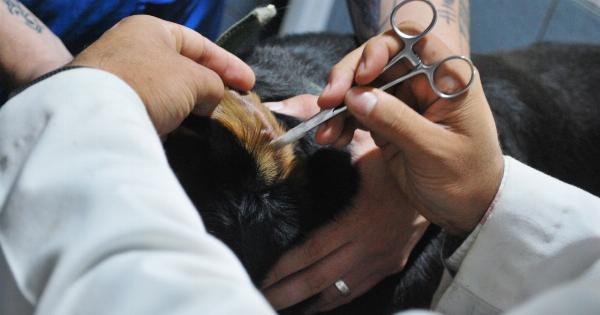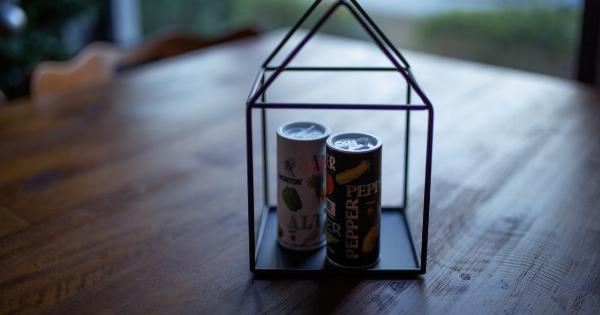External otitis, commonly known as swimmer’s ear, is a painful condition that occurs when the skin lining the ear canal becomes infected.
It is often caused by excessive moisture in the ear, which creates a favorable environment for bacteria or fungi to thrive. While external otitis can occur at any time of the year, it tends to be more common during the summer months when people spend more time swimming and engaging in water activities.
Prevention plays a crucial role in minimizing the risk of developing external otitis and its associated discomfort. By adopting simple preventive measures, individuals can protect themselves from this unpleasant and painful condition.
This article explores the importance of prevention in external otitis during summer and provides practical tips to safeguard your ears.
1. Keep Your Ears Dry
Excessive moisture is one of the main culprits in the development of external otitis. It is essential to keep your ears dry, especially after swimming or participating in water-based activities.
When water remains in the ear canal, it creates a moist environment that is ideal for bacterial growth. After being exposed to water, tip your head to the side and gently tug on the earlobe to encourage drainage. You can also use a soft towel or a hairdryer on a low, cool setting to dry your ears.
2. Use Earplugs or a Swim Cap
If you are someone who enjoys swimming or participates in water sports frequently, consider using earplugs or a swim cap to keep water out of your ears.
Earplugs create a barrier that prevents water from entering the ear canal, reducing the risk of infection. Make sure you choose earplugs specifically designed for swimming, as they are designed to repel water while still allowing sound to pass through. A snug-fitting swim cap can also help keep water from reaching the ears during water activities.
3. Avoid Inserting Objects into the Ear Canal
One common mistake people make when trying to clean their ears is inserting cotton swabs, hairpins, or any other object into the ear canal. This practice is not only ineffective at cleaning the ears but also increases the risk of injury or infection.
It is essential to remember that the ear is a delicate and sensitive organ. Rather than sticking objects into your ear, use a clean washcloth to gently wipe the outer portion of your ears.
4. Dry Your Ears Thoroughly after Showering
Even though showering may not involve submerging your head in water, it can still lead to moisture accumulation in the ears.
Make it a habit to thoroughly dry your ears after showering by gently drying them with a towel or using a hairdryer on a cool setting. By ensuring your ears are completely dry, you minimize the risk of water lingering in the ear canal, which can later lead to infection.
5. Avoid Using Headphones or Earbuds for Prolonged Periods
Extended use of headphones or earbuds can contribute to excessive moisture and the accumulation of cerumen (earwax) in the ear canal. When earwax builds up, it can trap moisture and create an ideal environment for bacterial or fungal growth.
If you must use headphones or earbuds, limit the duration of use and consider cleaning them regularly to minimize the risk of infection.
6. Be Mindful of Water Quality
The quality of water you expose your ears to can significantly impact your risk of developing external otitis. Avoid swimming in or exposing your ears to water that may be contaminated or have high bacterial content.
If you are uncertain about the water quality, it is best to err on the side of caution and refrain from activities that involve contact with such water.
7. Treat Any Underlying Skin Conditions
If you have any pre-existing skin conditions, such as eczema or psoriasis, it is important to manage and treat them effectively.
Skin conditions can compromise the integrity of the skin lining the ear canal, making it more susceptible to infections like external otitis. Follow the advice of your dermatologist or healthcare provider to keep your skin healthy and minimize the risk of developing swimmer’s ear.
8. Seek Medical Attention when Needed
If you experience symptoms such as ear pain, itching, redness, or discharge from the ear, it is essential to seek prompt medical attention. Early intervention can help prevent the infection from worsening and minimize discomfort.
A healthcare professional will assess your condition and may prescribe eardrops or recommend suitable treatment options.
9. Be Cautious with Ear hygiene
While it is crucial not to insert objects into your ear canal, maintaining good ear hygiene is still important in preventing external otitis. Clean the outer part of your ear gently with a clean, damp cloth.
Avoid excessively cleaning your ears, as this can disrupt the ear’s natural protective mechanisms. If you are prone to excessive earwax buildup, consult your healthcare provider for appropriate guidance on ear cleaning methods.
10. Educate Yourself and Others
Spread awareness about the prevention of external otitis among your friends, family, and community. By sharing knowledge about the importance of prevention and the measures people can take, you contribute to the overall well-being of those around you.
Encouraging others to adopt preventive measures can help minimize the incidence of this unpleasant condition during the summer months.






























